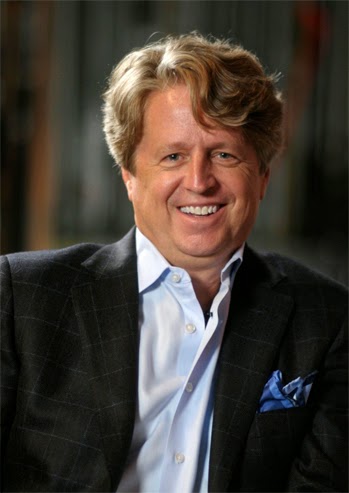John Helde is a Freehold Board Member who attended an enhanced performance as part of Freehold's Engaged Theatre tour's production of The Flower of England's Face: Henry IV this past summer. Freehold hosted an enhanced performance which brought together audiences from seemingly disparate, disconnected communities where guests first saw the play, then broke bread together and engaged in debates with characters from the play while using improvisation, story telling, free writing and group poetry to explore the themes of the play. Freehold invited groups from Path with Art, Expedia, UW, Boeing and Getty Images to participate in the enhanced performance. Here's John's experience of his participation in the event ....
 I’d been anticipating this summer’s Engaged Theatre
production The Flower of England’s Face: Henry IV – a special cutting
and reworking of three of Shakespeare’s historical plays – for awhile. I
had the opportunity to see a work-in-progress last summer and it was electric
even then. Then last May, Robin Lynn Smith asked me to collaborate on a
unique “surveillance” film she planned to integrate into the play; it was a
blast to work with the cast and Robin to shoot the noir-ish flashback one
morning in a back stairway at Freehold.
I’d been anticipating this summer’s Engaged Theatre
production The Flower of England’s Face: Henry IV – a special cutting
and reworking of three of Shakespeare’s historical plays – for awhile. I
had the opportunity to see a work-in-progress last summer and it was electric
even then. Then last May, Robin Lynn Smith asked me to collaborate on a
unique “surveillance” film she planned to integrate into the play; it was a
blast to work with the cast and Robin to shoot the noir-ish flashback one
morning in a back stairway at Freehold.
So when I was invited to attend the first “enhanced”
performance I happily signed on. The workshop following the Sunday
afternoon performance promised to include “story telling, free writing and
group poetry inspired by themes from the play.” The play was a completely compelling piece of theatre with a
clear story, passionate actors and brilliant live music pouring from the wings.
And, yes, it was sweaty! It was a hot July night with no AC.
But it was in fact a great night to gather outside the UW’s Penthouse Theater afterwards with fellow audience members. Daemond Arrindell, Robin’s collaborator on the workshop, is a poet and teacher. He has a resonant voice and a generous spirit and he led us through a series of exercises that gave the group a way to interact with each other. My favorite was a “group poetry” project inspired by the play. The premise is this: it’s intimidating for the vast majority of us to write poetry spontaneously. Daemond went around the circle soliciting words and phrases that emerge from our understanding of the themes of the play, while Robin scribbled them up on a piece of butcher paper. When we were done, Daemond read our “instant” poem aloud and lo and behold! - it was a surprisingly powerful piece. I love that one piece of art combined a willing audience can create a wholly new piece of art in a matter of minutes.
Then, we rolled up our sleeves and made our own poems. Daemond offered a prompt: “If my dignity was a coat…” and away we went scribbling as fast as we could without thinking. When I was through covering one side of my 8 ½ x 11 sheet of paper with my illegible handwriting, I found myself hoping a little that we were done; but we kept on cranking it out until Daemond called it. Then, an even bigger challenge: sharing this work with the group. I’m a filmmaker and a writer, and of course a big part of making creative work is sharing it. However, I’m used to editing and tweaking for a long time in private before that point. Now, there was no opportunity for that. One after another, we stood up to share our instantaneous poems. The idea of dignity – such a personal and tenuous one – grew to have many forms and facets. A young man who’s had difficult experiences growing up; an aging woman who’s passionate about peace… back to back the poems made the idea grow both more personal and more universal. I felt like we began to realize how tied we are by one word, and how each individual voice brings something new to our understanding. The words that poured out felt powerful and true, and I admired people’s courage and vulnerability.
Never did these games feel contrived, like, say, an overly upbeat session you might encounter at a company morale booster. The evening felt like a great meal. Maybe the play was, surprisingly, the appetizer. Sharing ourselves with our fellow audience members in a forthright way on a beautiful summer evening was the main course. And writing a poem, dessert. The workshop was an honest and collaborative way to extend the emotional experience of the play into a connection with those who experienced it with you. It was also a reminder that people are surprising and full of creative spirit, if they take the opportunity to play. I walked out into the twilight of the U-District feeling like I’d traveled someplace pretty stirring with a bunch of new friends.















